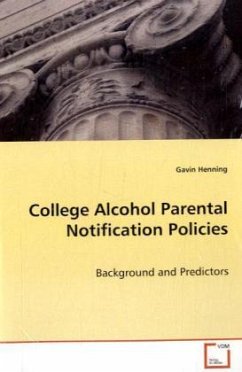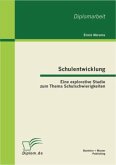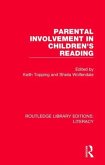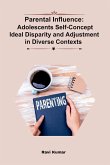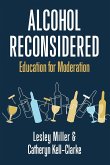Under changes to the Family Educational Rights andPrivacy Act (FERPA) colleges were granted permission,but were not required, to notify parents whosestudents violated alcohol policies. This was intendedto be a new solution to an old problem. But whatdetermines which colleges choose to notify parentsand which do not?This policy studied investigated a variety ofpredictors of parental notification policy andpractice for alcohol violations includinginstitutional factors and beliefs. Looking throughthe lenses of institutions of higher education,parents, and students we can begin to understand therelationship between these three entities and why acollege or university would choose to notify parents.This examination of policy formation is especiallyuseful for senior student affairs administrators,practitioners working with student conduct and legalissues, as well as those charged with addressingalcohol abuse on campus. The focus on relationshipsbetween colleges, students, and parents will be ofinterest to anyone working with college students.
Bitte wählen Sie Ihr Anliegen aus.
Rechnungen
Retourenschein anfordern
Bestellstatus
Storno

